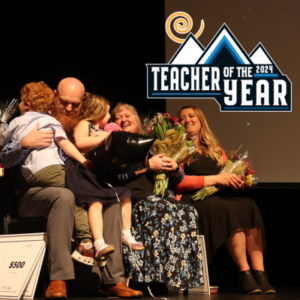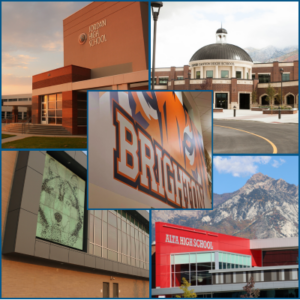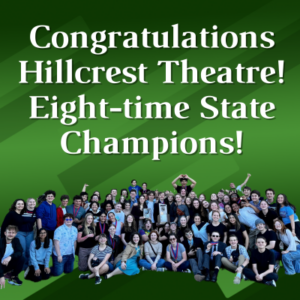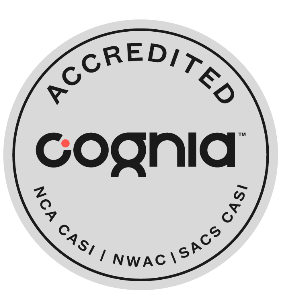Ever seen something on the Internet that made you raise your eyebrows, either because it seemed too good or too awful to be true? Ever have a hard time telling whether news is fake or for real?
Welcome to the club. We’re all in it. With the proliferation of the Internet, social media and devices, there’s never been so much information and misinformation at our disposal in the history of humanity. But did you know that nearly two-thirds of Americans have hard time identifying false information, according to the News Literacy Project? And about the same amount of people worldwide struggle to tell the difference between good journalism and falsehoods?
Fortunately, there are ways to decipher between fact and fiction. That is a major topic during National News Literacy Week, which is taking place from Jan. 23-27.
Canyons District Teacher Specialist Leslie Morris, Utah’s News Literacy Ambassador, joined us on this episode of the Connect Canyons podcast. The discussion revolves around the News Literacy Project and the importance of helping students know how to filter news they see on the Internet.
The News Literacy Project is equally ambitious and worthwhile. This nonpartisan nonprofit organization aims to create better informed, more engaged, and more empowered individuals, and a stronger democracy through improved news literacy.
“Free press is one of the main principles of the News Literacy Project. It’s promoting free press and ensuring a free press. It’s a key component of democracy,” Morris said. “We really need to teach the skills so students can really determine what’s truth and what’s false.”
In this episode, we discuss:
— Tools that students, teachers and others that are available to help decipher whether news is legitimate or not.
— Five key questions that should be asked to verify sources and claims.
— What the District is doing to help improve news literacy.
— Why it’s more important to be curious than critical.
— What we can do to slow the flow of misinformation.
— Valuable resources, including helpful information via the News Literacy Project












